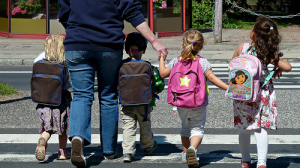 The back pack is very important to review every day. This is one of the links between school and home for the student. Backpacks quickly become disorganized and notices missed if you do not empty it every day! Here is what we suggest you do every day:
The back pack is very important to review every day. This is one of the links between school and home for the student. Backpacks quickly become disorganized and notices missed if you do not empty it every day! Here is what we suggest you do every day:
- After the student arrives home, empty the backpack on a table.
- Find the homework. Set it out in the homework area with all the supplies needed to complete the homework.
- Put the lunch box in the kitchen. Empty it, discard the garbage, and see if the child actually ate the lunch that was packed. Wipe out the lunch box. Let the parents know what was not eaten!
- Find all notices sent home with the child. Find anything that needs to be filled out by the parents. If it is your responsibility to keep track of activities, put them on the calendar now. If not, make sure the parents see them.
- Make sure permission slips, fundraisers, book orders, photo notices and anything else that must be signed is done on time. Make sure these items get back in the backpack and the child turns them in on time. If the signed form and money is in the back pack at the end of the day, the child forgot to give it to the teacher. Remind the child, tell the parent!!
- All completed homework must be put in the homework folder in the backpack as soon as the homework is completed. Make sure there is a sturdy folder to put the homework in; the child knows where it is when he or she arrives at school. The homework will stay neater this way!!
- In the morning, recheck for homework. Is it in the folder? Are all permission slips and notices requiring money in the folder in the backpack?
- Make lunch and put the lunch box in the backpack. If the lunch box is in the backpack there is less chance it will be left on the bus!!
- Does the child need to bring anything else to school that day? Maybe he or she needs gym clothes, or something for show and tell. Put it in the backpack!
- At the end of the week, make sure all work sent home is placed out for the parents to see. Any dirty gym clothes are taken out of the backpack and put in the laundry. The back pack and the lunch box should be wiped out and kept clean!!
Source: Cindy Garruba – CC in Long Island, NY
Photo: Jens Rost

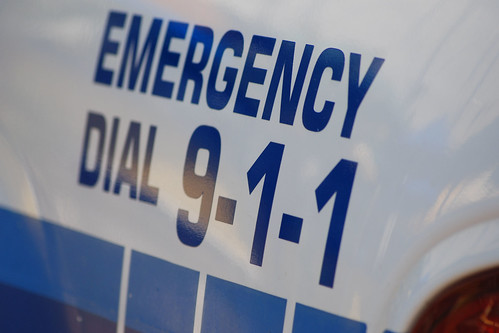

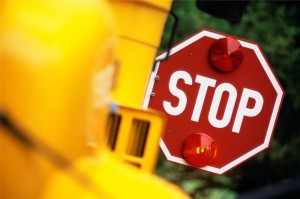
 During work hours, the following would not be considered acceptable:
During work hours, the following would not be considered acceptable:
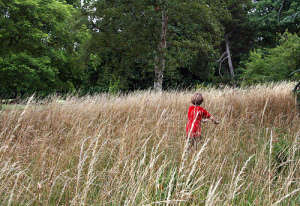
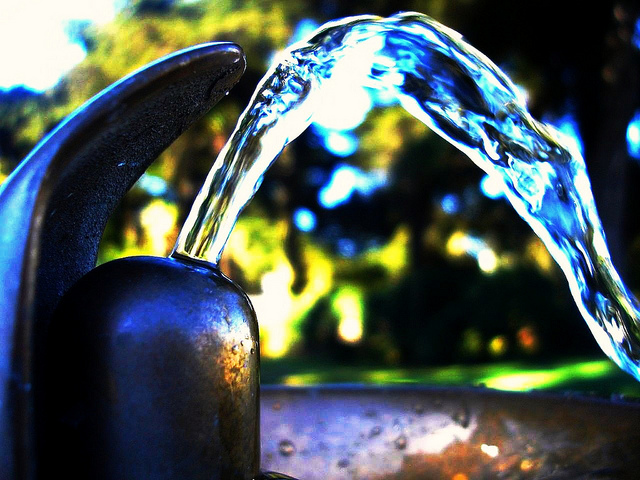 Dehydration means that the body lacks the necessary amount of fluid. Infants and small children are more likely to become dehydrated than older children or adults, because they can lose relatively more fluid quickly.
Dehydration means that the body lacks the necessary amount of fluid. Infants and small children are more likely to become dehydrated than older children or adults, because they can lose relatively more fluid quickly.